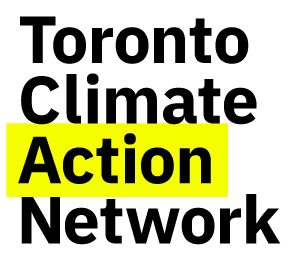Join a study group on As Long as Grass Grows: The Indigenous Fight for Environmental Justice, from Colonization to Standing Rock, by Dina Gilio-Whitaker, 162 pp. Beacon Press (2019).
This book examines environmental justice and injustice through the unique lens of indigenous struggles in the past and contemporary assaults. We encourage people concerned with linking racial justice, peace and climate justice to take part to enhance their understanding and guide their political action but the study group is open to all. Anti-racist, peace and environmental activists will find this book especially important because “collapsing environmental discrimination against people of color into one monolithic group elided the experience of indigenous peoples …undergoing environmental devastation of a particular, genocidal kind.” (p. 17). The book shows how Native beliefs and practices challenge traditionally white environmentalism and points to a collaborative path forward.
The study group meets on two Saturdays, Feb. 6 and March 6, 2021 from 2-4 pm, by Zoom. The first meeting will cover Chapters 1-4 and the second meeting Chapters 5-8. Sponsored by the Racial Justice and Decolonization Working Group and the Climate and Peace Working Group of Massachusetts Peace Action. Register to attend.
Dina Gilio-Whitaker (Colville Confederated Tribes) is a lecturer of American Indian Studies at California State University San Marcos, and a consultant and educator in environmental justice policy planning. Her research interests focus on Indigenous nationalism, self-determination, environmental justice, and education. She also works within the field of critical sports studies, examining the intersections of indigeneity and the sport of surfing. She is co-author with Roxanne Dunbar-Ortiz of “All the Real Indians Died Off” and 20 Other Myths About Native Americans. Follow her on Twitter at @DinaGWhit and visit her website.
Discussion Questions for Feb. 6 session:
Chapter 1: How has Chapter 1 affected your ideas about how environmental justice is defined and implemented?
Chapter 2: Chapter 2 traces the brutal history of settler colonialism, intentional genocide and dispossession of indigenous peoples from their tribal lands. What reactions on a feeling level did reading this bring up? In what ways has this changed your understanding of white supremacy and environmental injustice?
Chapter 3: The history of Western expansion starts with mass killings of Native Americans and deliberate deprivation; later, dams degrading lands and economies and extraction of coal, oil and nuclear materials. Today, how do Native peoples navigate the demands of our capitalist, extractive economy? What do we owe each other in the struggle?
Chapter 4: What happens to the indigenous sense of food as central to the reciprocity of life, nourishing the spirit as well as the body when most of the food we consume is a commodity unrelated to where we live?

